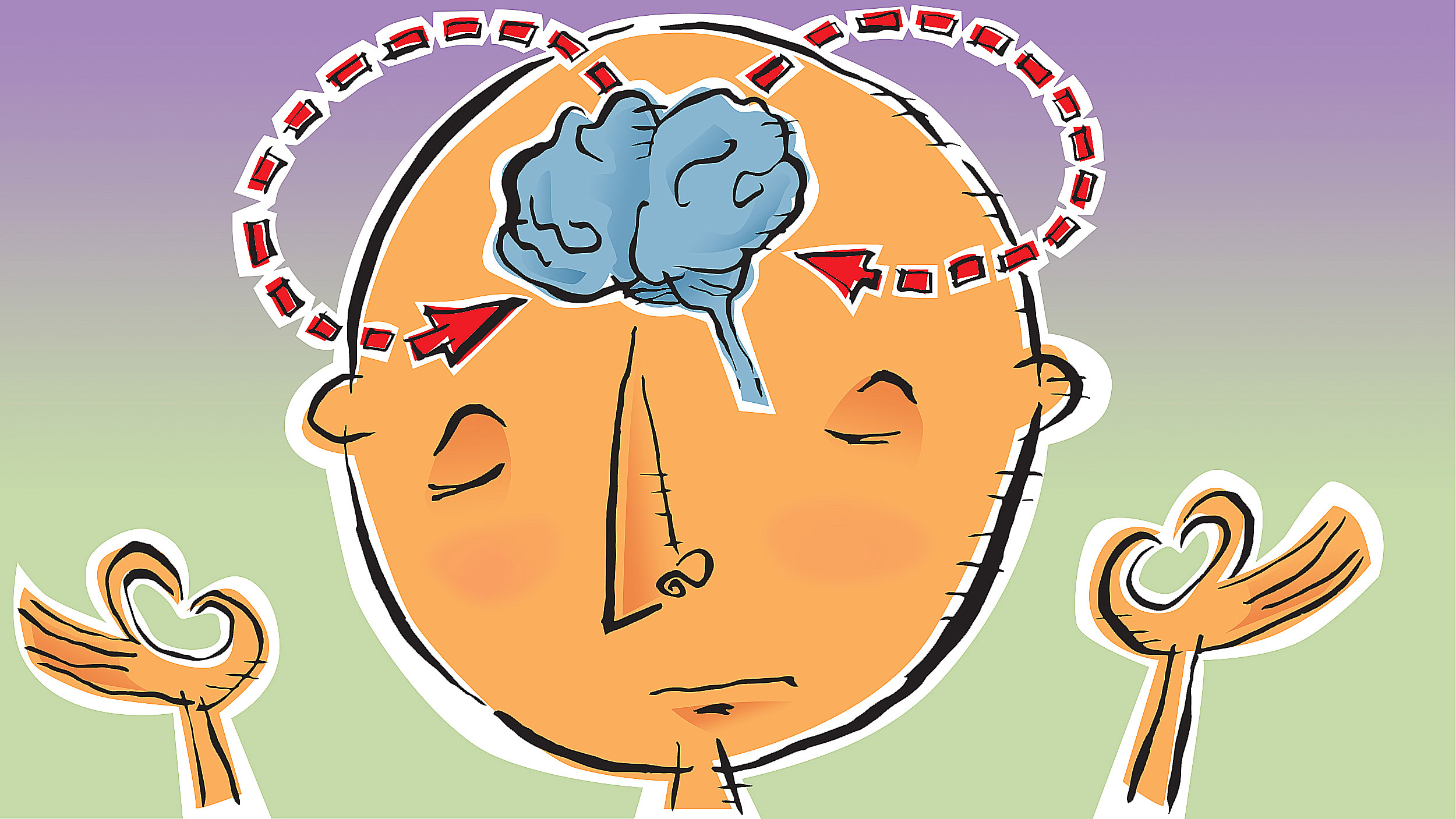Meditation, once considered a mystical and esoteric practice, has found its place in the scientific spotlight as researchers uncover the profound impact it has on the brain and body. Far from being a solely spiritual endeavor, meditation is now recognized as a legitimate tool for enhancing mental and physical well-being, with a growing body of evidence supporting its various benefits.
At the heart of the science behind meditation is neuroplasticity—the brain’s ability to reorganize itself by forming new neural connections. Numerous studies using neuroimaging techniques such as MRI have revealed structural changes in the brains of individuals who engage in regular meditation practices. One of the most consistent findings is the increased gray matter density in areas associated with learning, memory, and emotional regulation.
The prefrontal cortex, a region responsible for executive functions such as decision-making and self-control, has been shown to undergo changes through meditation. As individuals cultivate a focused and mindful awareness, this part of the brain appears to strengthen, leading to improved cognitive abilities and emotional resilience. These changes may explain the observed improvements in attention, concentration, and emotional well-being among regular meditators.
The amygdala, a key player in the brain’s stress response system, is another area profoundly affected by meditation. Studies indicate that meditation can lead to a reduction in the size and activity of the amygdala, suggesting a decreased sensitivity to stressors. This dampening effect on the amygdala is associated with lower levels of perceived stress and greater emotional stability.
Beyond structural changes, meditation also influences the brain’s functional connectivity. The default mode network (DMN), involved in mind-wandering and self-referential thoughts, tends to show decreased activity during meditation. This shift from the default mode allows individuals to experience a state of heightened present-moment awareness, a cornerstone of many meditation practices.
The effects of meditation are not confined to the brain alone; they extend to the body, influencing various physiological processes. One of the well-documented benefits is the reduction in cortisol levels, the hormone released in response to stress. Lower cortisol levels contribute to a calmer nervous system and have implications for overall health, including cardiovascular well-being.
The autonomic nervous system, responsible for regulating involuntary bodily functions such as heart rate and digestion, also experiences modulation through meditation. Practices like mindfulness meditation have been associated with an increased activity of the parasympathetic nervous system, often referred to as the “rest and digest” system. This shift promotes relaxation, lowers heart rate, and enhances overall physiological balance.
The immune system, too, appears to benefit from meditation. Research suggests that regular meditation practices may lead to increased antibody production and enhanced immune function. This connection between the mind and the immune system underscores the holistic nature of well-being and the potential for meditation to contribute to overall health.
In summary, the science behind meditation is a compelling journey into the intricate relationship between the mind and body. From structural changes in the brain to modulation of the stress response system and improvements in physiological functions, the evidence supporting the benefits of meditation continues to grow. As our understanding deepens, meditation emerges not only as a contemplative practice but as a scientifically validated approach to promoting mental and physical health.